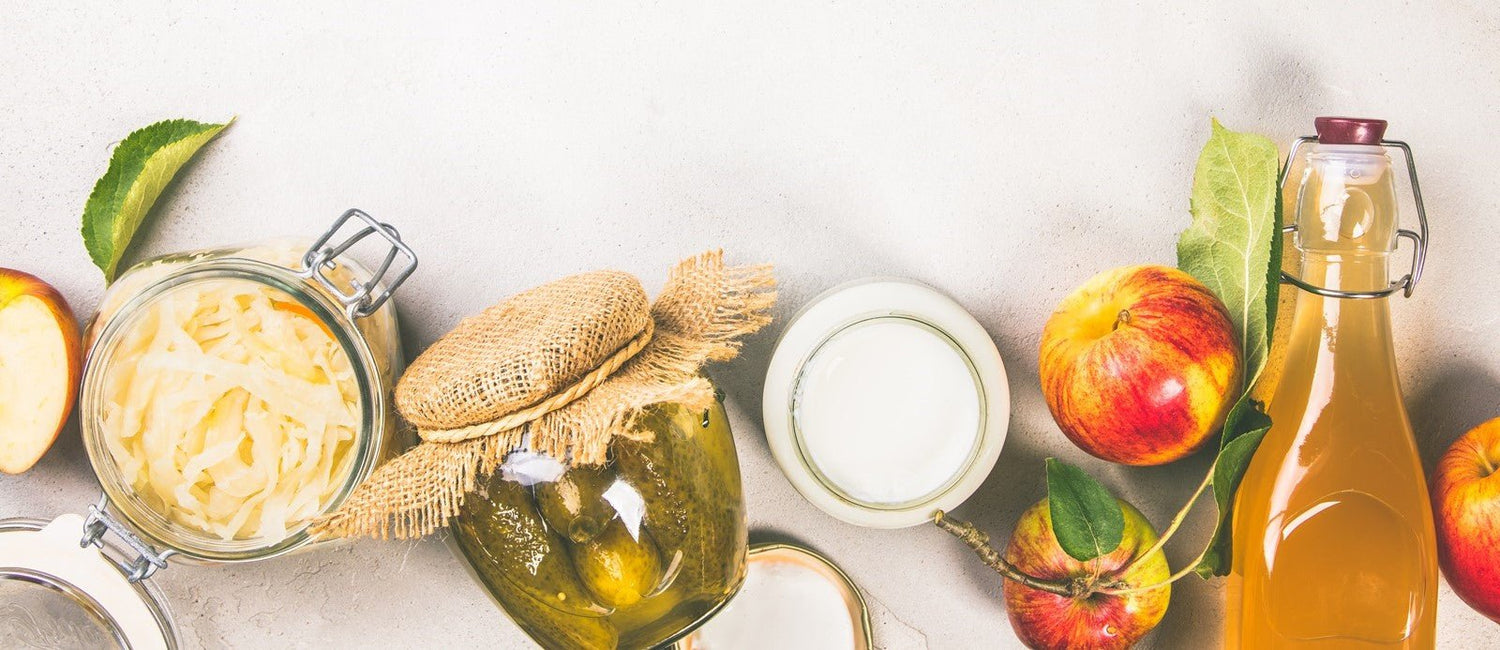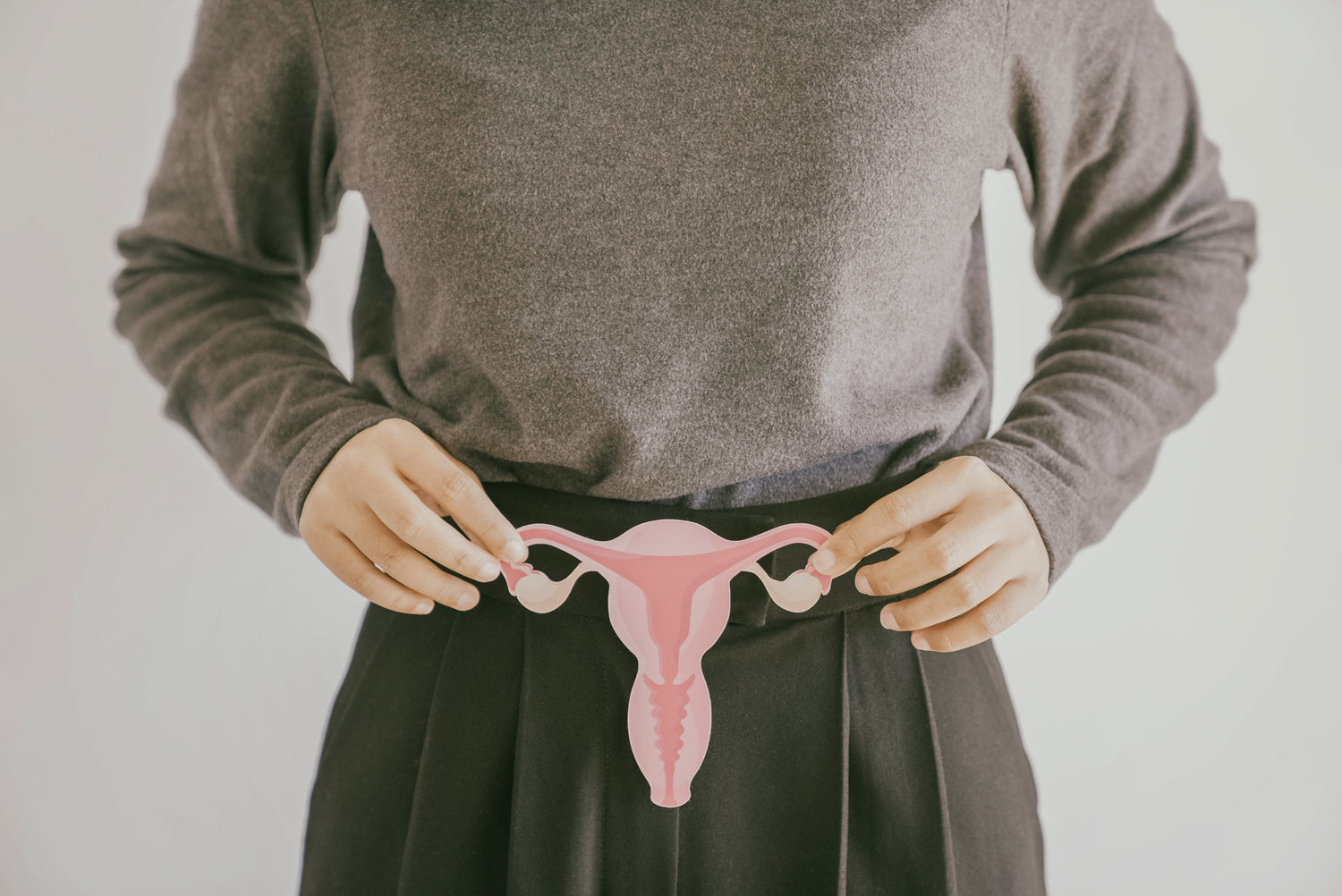eGood food – good mood: Is it possible to influence mental health with the right diet? Maybe you've already noticed that your mood significantly influences your choice of food? In stressful situations it can happen that we reach for unhealthy snacks more often. But have you ever thought about the fact that the other way around: Can food affect your psyche?
We know that a healthy and balanced diet is beneficial for our physical well-being. We try to influence our body shape and performance with diets. But what about mental influence? Is it possible to support our mental health with the right food?
Which foods can influence your mood?
Research in the field of “nutritional psychiatry” is attracting more and more attention. Rightly so, because it begins to reveal how our eating habits affect our mood and can thus counteract mental illnesses. A typical western diet, which is known Being low in fiber and high in fat and sugar from processed foods has been linked to a greater likelihood of psychological symptoms and disorders (1). In contrast, the Mediterranean diet rich in plant fiber has been observed to improve and reduce the risk of various health conditions, including depression and anxiety (1-3).
Recent studies have also shown that that people who adhere best to the Mediterranean diet over a longer period of time have a lower risk of developing depression than people who adhere less to it (4).

Mediterranean diet rich in useful fats, polyphenols and fiber
What exactly is the Mediterranean diet?
This diet is based on the traditional eating habits of the people living around the Mediterranean and is rich in fruits, vegetables, nuts, seeds, legumes, grains, fish, as well as olive oil and red wine (enjoyed in moderation!) . This diet style is generally rich in beneficial fats, polyphenols and fiber, with more protein coming from vegetables than animals. (5.9)
Diversity instead of superfood
The long list of whole foods typically consumed on a Mediterranean diet shows that it is no single “superfood” exists that can improve our well-being. Rather, there are a number of foods that can be beneficial for us.
This is also the case with your intestinal microbiome health. The more diverse your microbiome, the healthier you are. Find out now what your diversity is like.
This is because foods are complex and many different nutrients are contained in a single food. The same message is clear when it comes to our gut microbiome. No, there is no single “superfood” that nourishes all the beneficial bacteria, including us. Eating a high-fiber, plant-based diet with as much variety as possible contributes to a diverse range of prebiotics that nourish our friendly gut bacteria (6,7). If the beneficial bacteria in our intestines are well cared for, they also help us to improve our well-being and quality of life.
Gut microbiome and mood – what’s the connection?
Our intestinal microbiome is home to tons of bacteria and other microorganisms and is also called second brain designated. Within this bacterial community live species that can break down fiber and produce short-chain fatty acids (SCFAs) such as butyrate and propionate. These helpful substances play different roles in our health and well-being and may influence how well we feel. (5)
Happy gut – happy body & mind
You've probably heard of the happiness hormone serotonin. It is considered a mood stabilizer and helps us be happier, less stressed and anxious. The good news is that butyrate and propionate produced in the gut microbiome can stimulate our intestinal cells to produce serotonin (8). Almost 90% of serotonin is produced in our intestines. So if we consume sufficient amounts of fiber in our diet, we can theoretically optimize the production of SCFAs and ultimately our serotonin levels and therefore our psychological well-being.
The right diet for the gut-brain connection
Although studies show that diet can play an important role in our mental health, it should not replace treatment prescribed by qualified mental health professionals. Nevertheless, studies have proven that sticking to a plant-rich diet over a long period of time has the greatest positive impact on our gut-brain axis connection.
Recipes to strengthen your gut-brain axis
So that you can get inspiration about what you can eat to make your intestinal brain happy, you will receive a suitable recipe next week. If you are not yet registered for our newsletter, then you can do it now . This way you won't miss any of our articles and will always be up to date.
Note
This article is intended for informational purposes only and should not be construed as medical information or instructions. The recipes are intended for inspiration and are not intended as therapeutic measures. If you have any health problems, we recommend that you contact a doctor or other expert immediately.
References
- Jacka FN, Pasco JA, Mykletun A, Williams LJ, Hodge AM, O’Reilly SL, Nicholson GC, Kotowicz MA, Berk M. .Association of Western and Traditional Diets with Depression and Anxiety in Women. American Journal of Psychiatry 2010 167:3, 305-311
- Sanchez-Villegas A, Martinez-Gonzalez MA, Estruch R, Salas-Salvado J, Corella D, Covas MI, Aros F, Romaguera D, Gomez-Gracia E, Lapetra J, Pinto X, Martinez JA, Lamuela-Raventos RM, Ros E, Gea A, Warnberg J, Serra-Majem L.. Mediterranean dietary pattern and depression: the PREDIMED randomized trial. BMC Medicine. 2013;11:208
- Lai JS, Hiles S, Bisquera A et al. A systematic review and meta-analysis of dietary patterns and depression in community-dwelling adults. Am J Clin Nutr. 2014;99:181-197
- Lassale C, Batty GD, Baghdadli A, Jacka F, Sanches-Villegas A, Kivimaki M, Akbaraly T. .Healthy dietary indices and risk of depressive outcomes: a systematic review and meta-analysis of observational studies. Molocualr Psychiatry. 2018; 24:965-986.
- Sing RK, Chang H, Yan D, Lee KM, Ucmak D, Wong K, Abrouk M, Frarhnik B, Makamura M, Zhu TH, Bhutani T, Liao W. Influence of diet on the gut microbiome and implications for human health. Journal of Translational Medicine. 2017;15:73
- Williams, Barbara et al. Gut fermentation of dietary fibres:physico-chemistry of plant cell walls and implications for health. International journal of molecular sciences. 2017;18(100):2203
- Gibson, G. R. et al. Expert consensus document: The International Scientific Association for Probiotics and Prebiotics (ISAPP) consensus statement on the definition and scope of prebiotics. Nat. Rev. Gastroenterol. Amp Hepatol. 14, 491 (2017).
- Reigstad CS, Salmonson CE, Rainey JF, Szurszewski, Linden DR, Sonnenburg JL, Farrugia G, Kashyap PC. Gut microbes promote colonic serotonin production through an effect of short-chain fatty acids on enterochromaffin cells. FASEB Journal. 2019;29:1395-1403
- Warnberg J, Serra-Majem L. Mediterranean dietary pattern and depression: the PREDIMED randomized trial. BMC Medicine. 2013;11:208





